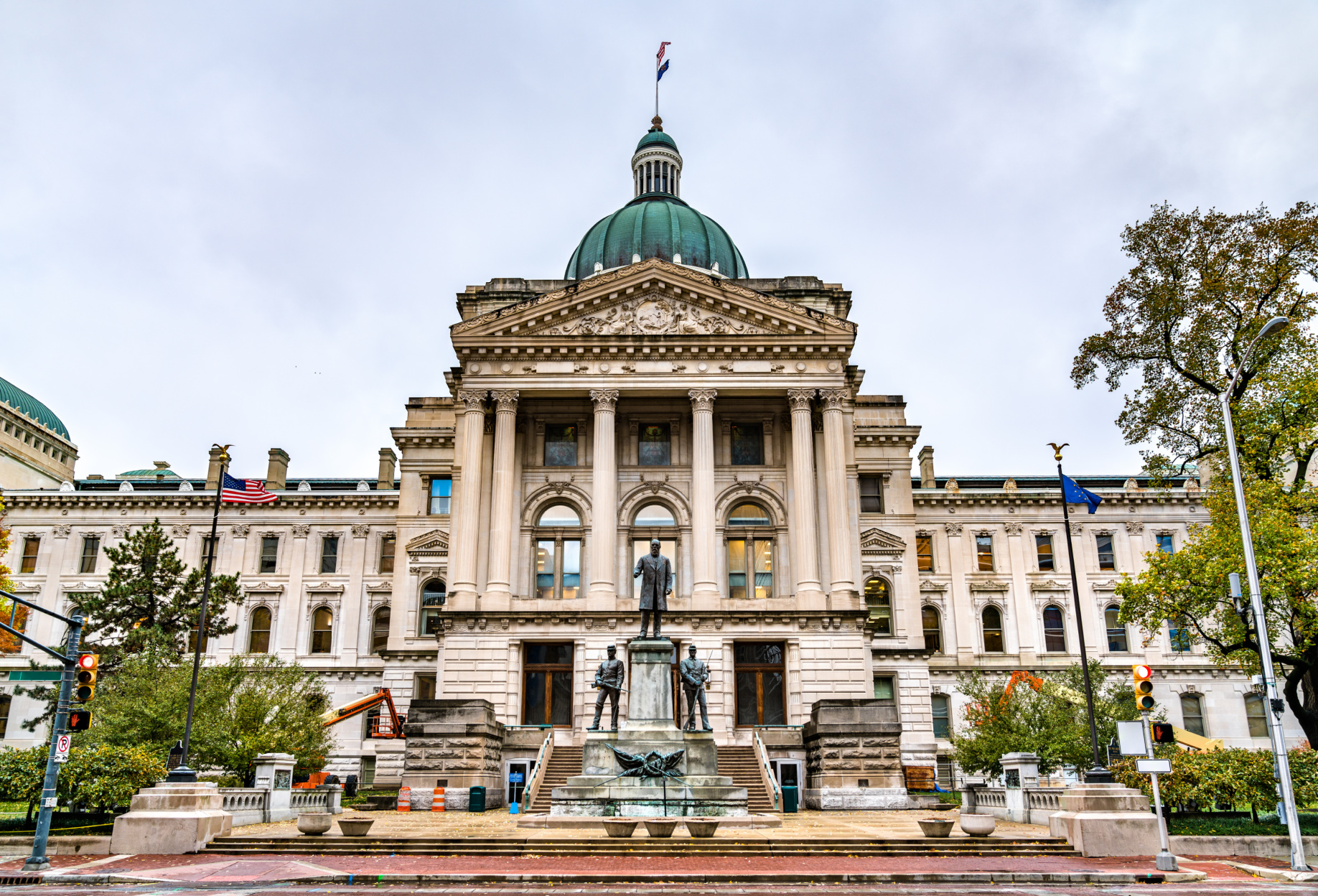Indiana Senate Shelves Mid-Cycle Map Proposal; Focus Shifts to 2026 Priorities

Indiana Senate Decision Not to Reconvene in December Redirects Focus Toward 2026 Priorities
The Indiana Senate’s decision not to return for a December session has reshaped the political landscape heading into the new year, closing the door on weeks of speculation about whether lawmakers would revisit congressional maps before the 2026 legislative session officially begins. Senate President Pro Tem Rodric Bray announced that, after months of consideration, there simply were not enough votes to pursue mid-cycle redistricting—effectively ending the discussion and keeping the legislature on its original schedule to reconvene in January.
While the announcement may appear procedural on the surface, its ripple effects have been immediate. For many Hoosiers and lawmakers, the decision represents the culmination of months of public engagement, community advocacy, and spirited debate over whether reopening district maps outside the standard redistricting cycle was necessary or appropriate.
Public Pressure Shapes the Outcome
Across Indiana, residents, advocacy groups, and local leaders had mobilized in recent months as talk of a December session intensified. Emails, calls, public comments, and neighborhood conversations reflected concerns that such an abrupt return to the Statehouse—especially for redistricting—risked sidelining the issues most affecting everyday Hoosiers: rising utility costs, higher grocery bills, and the increasing strain of the overall cost of living.
Senators who had been following that wave of engagement closely said the public’s involvement played a critical role in the final outcome. State Senator Rodney Pol Jr. framed the moment as proof that voices across the state were heard. He noted that Hoosiers had been clear in expressing that a special return to redraw maps was unnecessary, particularly when so many families were looking to lawmakers for help with far more urgent concerns. With the December session now off the table, he emphasized the need to shift back toward the work people across Indiana are counting on.
Senator Andrea Hunley also pointed to civic involvement as a driving factor in halting the proposed mid-cycle map changes. For Hunley, the sustained objections from communities across the state underscored how deeply Hoosiers value fair representation and transparent processes. She said the consistent outreach from residents served as a reminder that, even in a supermajority-controlled Legislature, outcomes are not predetermined. The moment, she suggested, showed that sustained public engagement can open the political space for broader conversations about affordability, opportunity, and the long-term well-being of Hoosier families.
Her reflections echoed concerns raised by many residents who feared that reopening congressional maps could disproportionately affect some of Indiana’s most diverse counties. While the proposal is no longer moving forward, she emphasized that the conversations sparked by the possibility will continue to inform policy work in 2026.
Returning to the Work Ahead
With the possibility of a December session now behind them, lawmakers across the political spectrum have turned their attention toward the upcoming legislative session—one that is poised to take on the financial and practical challenges affecting households statewide.
As lawmakers prepare to return to the Statehouse in January, the pause on redistricting has opened a clearer path toward addressing issues that touch daily life. Utilities, groceries, medical costs, and housing pressures are expected to dominate discussions in the months ahead. Legislative leaders have already signaled that education priorities, community needs, and broader economic concerns will also help shape the session’s agenda.
Many lawmakers view the transition away from the redistricting debate as a chance to approach the new year with fresh momentum. January offers an opportunity to begin again—without the shadow of a contentious map-drawing debate overshadowing early legislative work. Instead, the focus is shifting to the practical, immediate needs Hoosiers say matter most.
A Reset Before 2026
In the end, the decision not to reconvene early has become more than a scheduling announcement. It has turned into a reminder of the power residents hold in shaping the direction of their state. Lawmakers themselves have acknowledged that the past several months highlight the importance of engagement—not just during election cycles or high-profile debates, but throughout the legislative process.
As Indiana moves into the 2026 legislative session, there is a shared understanding that the months ahead will require sustained effort, cooperation, and a renewed focus on the real-world challenges facing families across the state. The political temperature may shift, but the pressures Hoosiers face do not. And for lawmakers returning to the Statehouse, that reality will define the work to come.
RECENT










BE THE FIRST TO KNOW

More Content By
Think American News Staff












